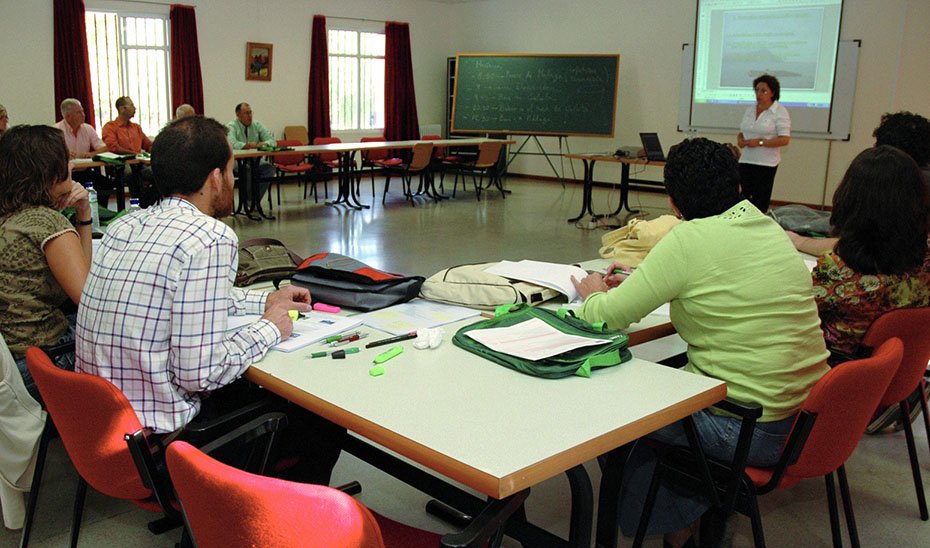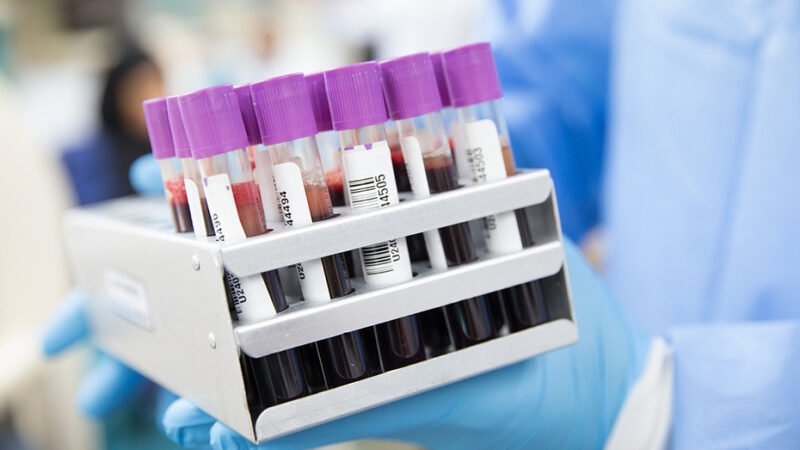Aumento del 50% en las horas lectivas de cursos agrarios especializados del Ifapa

The Minister of Agriculture, Fisheries, Water, and Rural Development, Ramón Fernández-Pacheco, has detailed in a parliamentary committee some data that shows the growth of the training offer of the Andalusian Institute of Research and Training in Agriculture, Fisheries, Food, and Organic Production (Ifapa) between 2020 and 2023, the latest official data available to date. Specifically, he highlighted that the number of students in specialized agricultural training courses has almost doubled in this period, as they have increased by 92% to nearly 3,550 attendees in 2023. Regarding the teaching hours delivered, they have reached around 4,400 hours. This data represents a 50% increase compared to 2020.
Regarding institutional training, attendees have grown by 42% in agricultural subjects courses (more than 13,000 people in 2023) and have increased by almost 60% in training actions related to fishing (more than 1,640 students in 2023).
The institutional training offer provided by Ifapa includes training activities related to certifications and qualifications that professionals in the agri-food and fishing sectors need for their work development. On the other hand, specialized training is not mandatory to practice a professional activity but allows recipients to acquire the knowledge, skills, or abilities to master a technology or a production process.
During his intervention, the Minister emphasized «the positive trend of growth in training provided by Ifapa for the benefit of the productive sectors of Andalusia». Regarding the function of these training activities, he emphasized that the Regional Government not only meets the general needs of producers, «but also responds to specific requests from the sector that are being introduced as novelties in Ifapa’s offer.»
In this regard, Fernández-Pacheco explained in the parliamentary committee that «in recent years there has been progress in on-demand training requested by professionals in the field, the sea, and agribusiness.» As an example, he referred to specialized activities in ornamental plants, requested by Coexphal; and a new course on control and inspection of dairy industries that will be launched in response to the request from Quesándaluz.
More Competitive Sector
During his intervention, Ramón Fernández-Pacheco valued the important work carried out by Ifapa and its contribution to the modernization of the agricultural, fishing, and food sectors of Andalusia, «as it impacts the improvement of their competitiveness, among other things, through the training of workers in those sectors.» With this aim, the institute plans to launch a wide range of training programs in 2025 that, as the Minister highlighted, «will help improve the qualifications of professionals in the different productive sectors of Andalusia and promote their employability.»
Among other courses, Fernández-Pacheco cited training actions related to joining the agricultural business as an example, «a program that helps young people entering this sector to have a solid professional education.» «Having this knowledge is essential to have more chances of success in starting a new activity,» the Minister pointed out. Ifapa’s training in the agricultural field also includes programs linked to sectors with a significant impact in Andalusia such as olive oil production, citrus cultivation, viticulture, sustainable use of the dehesa, subtropical crops, and nuts. Additionally, this section also includes courses related to irrigation and the transformation of plant raw materials into consumer food products.
Regarding some of the novelties for 2025, Fernández-Pacheco informed the parliamentarians that the School of Shepherds will incorporate new courses related to the management of sheepdogs, introduction to extensive livestock farming, and innovations in the use of wool.
Regarding institutional fishing training, the Minister cited examples of the courses that Ifapa has been developing related to professional qualifications for artisanal fishing vessels. Among these training actions are local fishing skipper and versatile coastal skipper qualifications; courses that enable Andalusian fishermen to practice their professional activity on fishing vessels; and activities focused on nautical-fishing specialty certificates.

